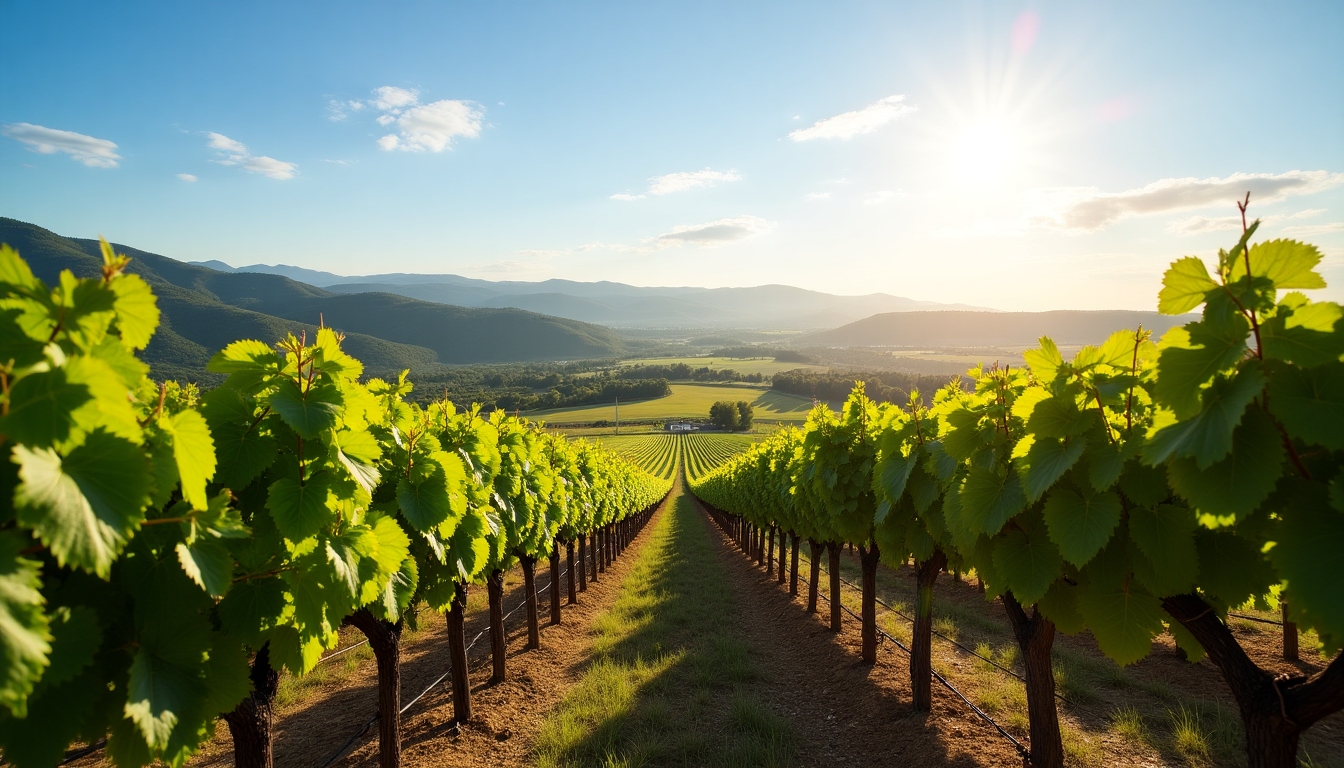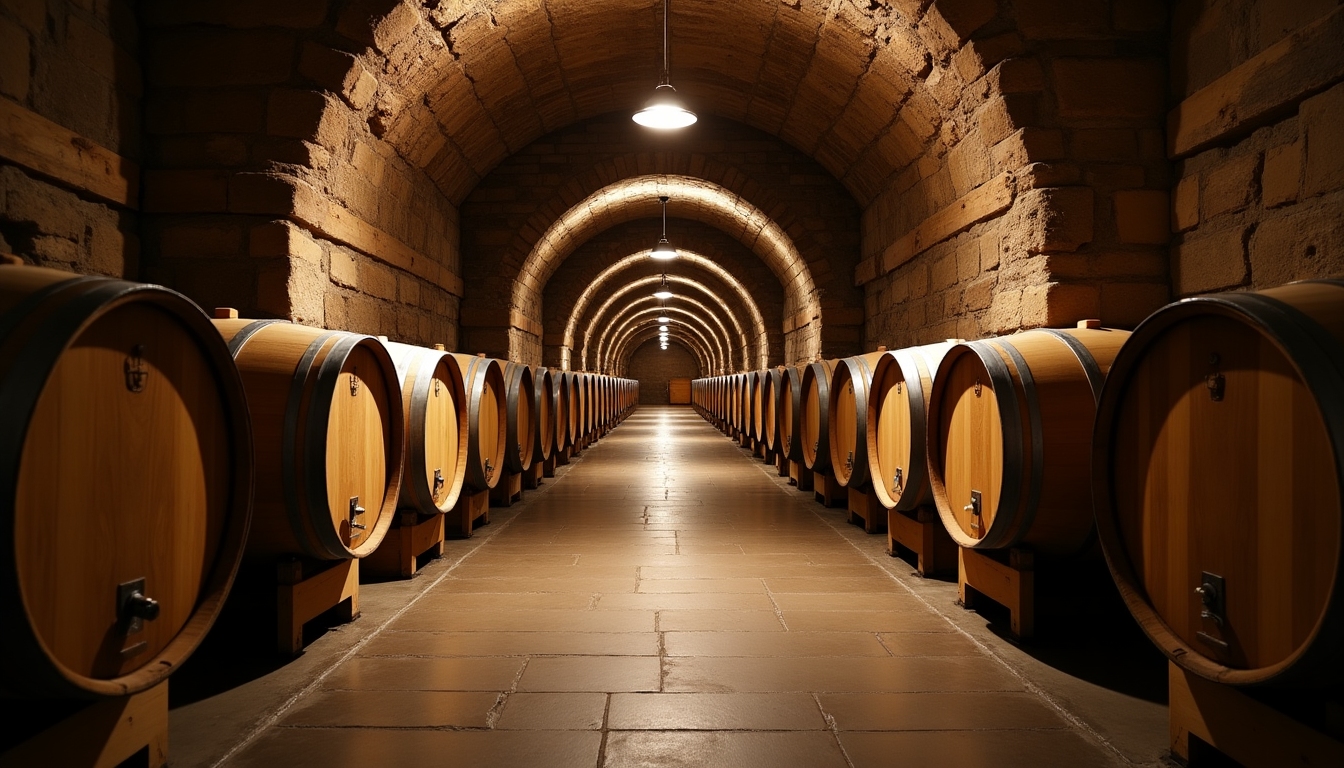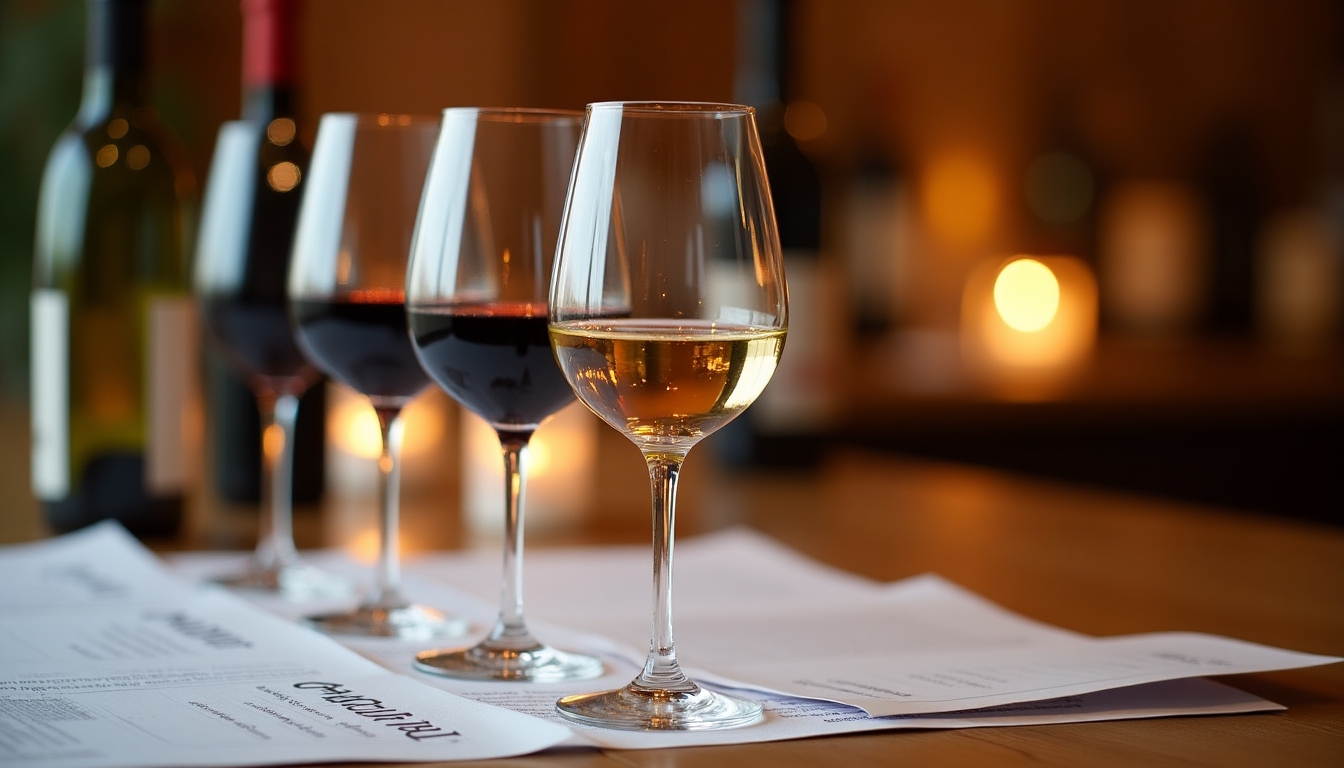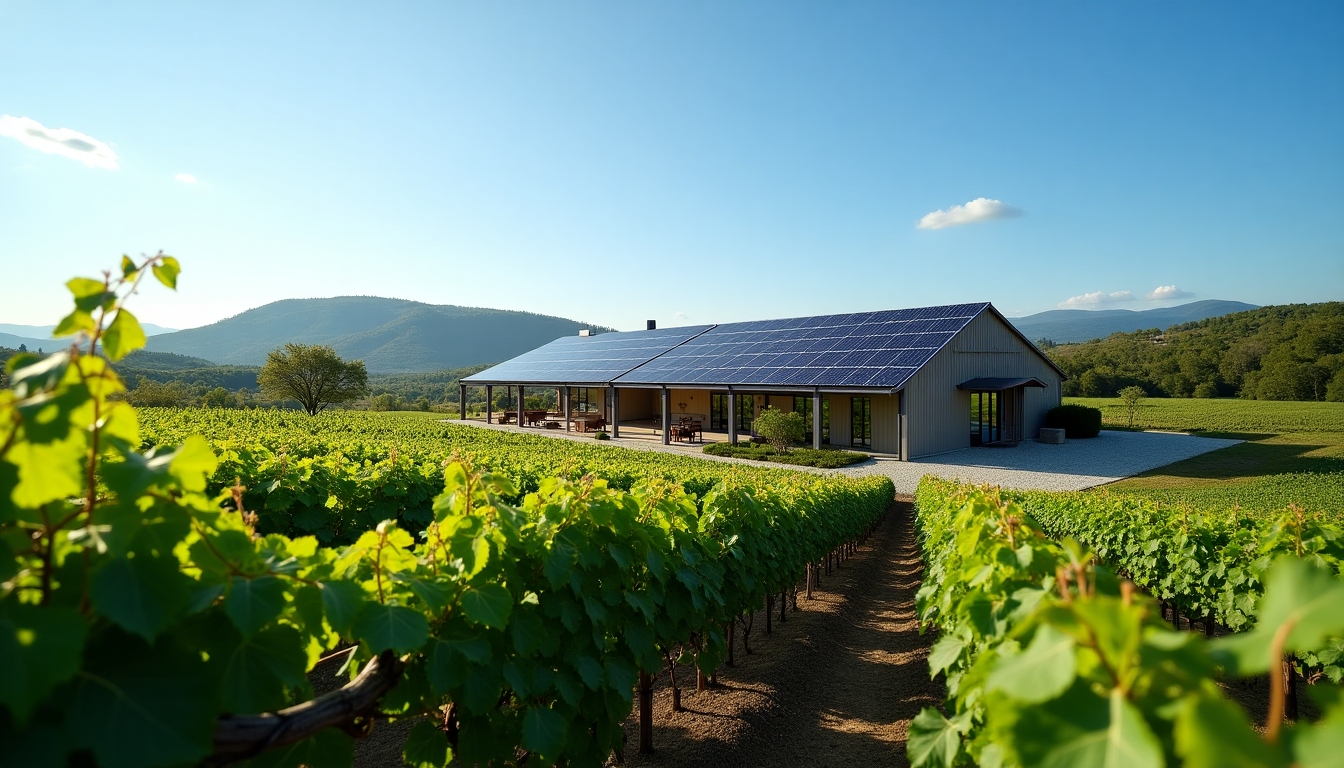Understanding the Beringer Wine Production Process
Exploring the Essence of Beringer Wine Production
Delve into the timeless tradition and modern innovations behind the Beringer wine production process, where expertise and quality converge to craft some of the world's most celebrated wines.
The Legacy of Beringer Wines
Beringer, a name synonymous with excellence in winemaking, has been gracing tables around the world for over a century. Founded in 1876, this iconic brand has consistently demonstrated its dedication to quality and tradition. Despite its rich history, Beringer has continually evolved, maintaining its status as a leading figure among wine brands.
This transformation and resilience bring us to the heart of the Beringer wine production process, where time-honored techniques meet innovative practices to produce wines that are both exquisite and accessible.
A Journey Through the Vineyards
The journey of Beringer wines begins in the vineyard, where careful selection and precise vineyard management play a crucial role. Beringer sources its grapes from diverse AVAs (American Viticultural Areas), each contributing unique characteristics to the final blend. The cool climate of Napa Valley, paired with its rich soil, lays the foundation for what will become a symphony of flavors in every bottle of Beringer wine.

The Art of Harvesting
At the core of Beringer's success is its meticulous approach to grape harvesting. Timing is everything in this crucial phase, ensuring that the grapes are picked at their peak ripeness to maximize flavor and aroma. The harvest is conducted both manually and mechanically, using the method most suited to each varietal and terrain, embodying the brand's dedication to both precision and innovation.
Winemaking Techniques
Once the grapes arrive at the winery, the Beringer wine production process truly begins. The winemakers employ both traditional and cutting-edge methods to coax the best from each varietal. This dual approach ensures that each wine reflects the unique essence of its grapes while aligning with the brand's signature style.
Fermentation and Aging
One of the most intricate aspects of winemaking at Beringer is fermentation. This process is carefully controlled to preserve the natural flavors and nuances of each grape. For many of their wines, Beringer opts for barrel fermentation, which imparts a subtle complexity and depth to the wine's character. Aging in oak barrels further enhances this process, allowing the wines to mature gracefully and develop rich, layered profiles.

The Human Touch
What truly sets Beringer apart in the realm of wine brands is the human touch involved in every stage of the production process. From the vineyard workers who tend the vines to the skilled winemakers and cellar hands who craft the wines, it is the passion and expertise of these individuals that elevate Beringer wines.
Many employees have been with Beringer for decades, passing down knowledge from one generation to the next. This continuity not only preserves the brand’s legacy but also fosters an environment where innovation thrives alongside tradition.
Quality Control and Tasting
Before reaching the market, every bottle of Beringer wine undergoes rigorous quality control measures. This involves both sensory evaluation and technical analysis to ensure that each wine meets the esteemed standards set by the brand. Expert tasters assess the wine for its aroma, taste, and mouthfeel, ensuring that only the finest quality reaches the consumer.

Sustainability Practices
In recent years, Beringer has committed to incorporating sustainable practices throughout their vineyards and winery operations. This is part of a broader initiative to reduce their environmental impact and ensure the health of the Napa Valley region for future generations.
Whether it's through water conservation efforts, energy-efficient technologies, or eco-friendly packaging, Beringer's approach to sustainability exemplifies their responsibility not only to their community but to the world of winemaking at large.
The Future of Beringer Wines
As Beringer continues to set benchmarks in the wine industry, the brand is poised to embrace future challenges and opportunities. New markets and technologies promise to broaden the horizons of the Beringer wine production process, while maintaining their commitment to quality and tradition.

Conclusion
The Beringer wine production process is a testament to a storied heritage and a forward-thinking vision. It reflects a harmonious blend of tradition and innovation, driven by a passion for excellence that manifests in every bottle. For enthusiasts and newcomers alike, Beringer stands as a beacon of quality among wine brands, offering wines that are crafted with care and meant to be savored.